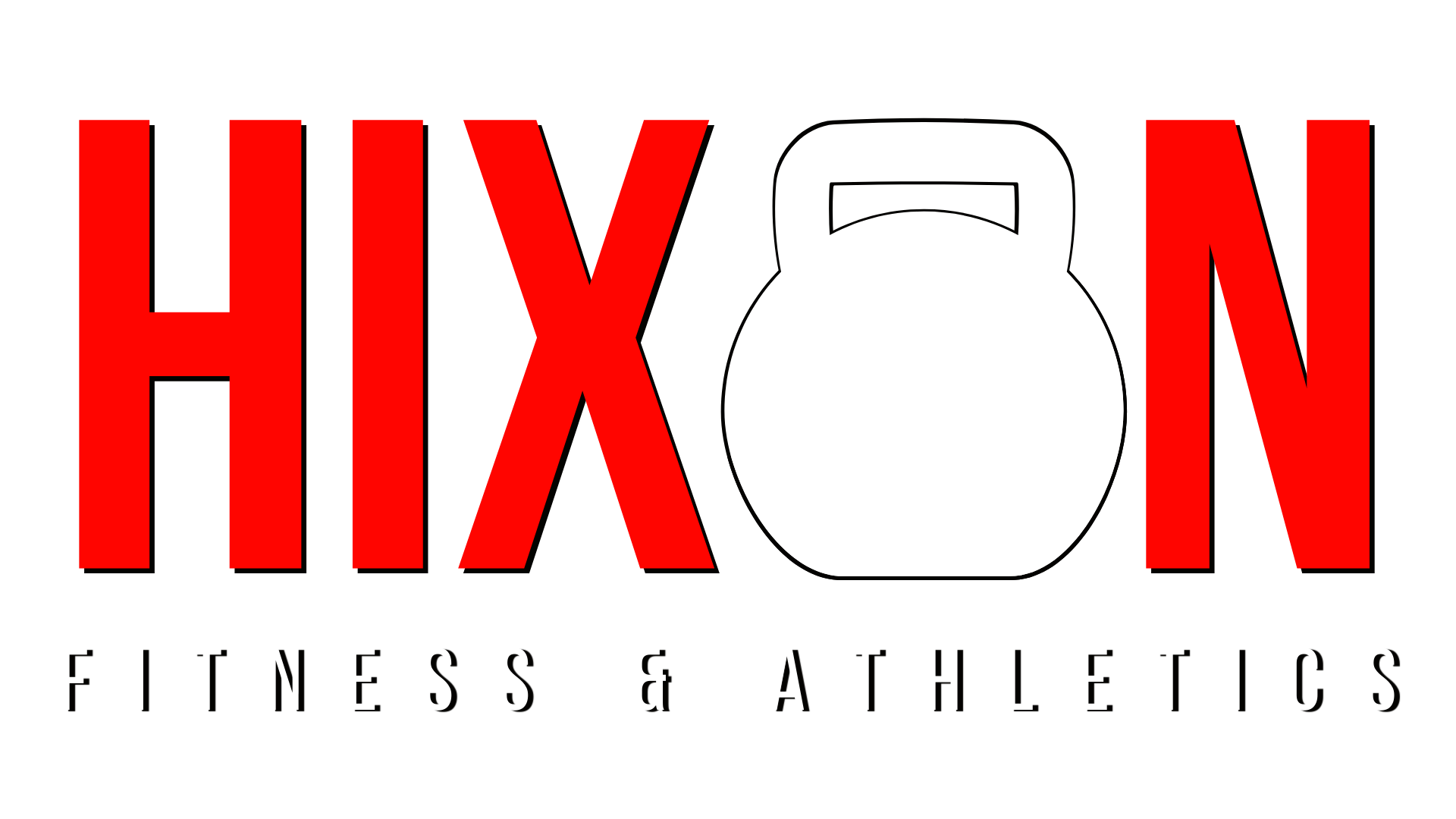Coaching for Holistic Wellness
In the fast-paced world of busy professionals, wellness often takes a back seat. Juggling work, family, and obligations can leave little time, or energy, for fitness, rest, or emotional self-care. That’s where a coach steps in, not just as a personal trainer or nutritionist, but as a guide for holistic wellness, an approach that considers all dimensions of well-being: physical, mental, emotional, and social.
Coaches: The Wellness Multipliers
According to the Harvard Business Review, professionals who receive structured coaching report improvements in productivity, life satisfaction, and health outcomes by up to 70%. That’s because coaches help cut through the noise and provide structure, accountability, and emotional support, all critical for sustainable wellness habits.
Let’s break down how coaches support multiple wellness domains:
✅ Sleep
Coaches help clients build consistent sleep routines by emphasizing behavioral shifts, limiting screen time, managing stress, and creating sleep rituals. According to the CDC, 35% of adults don’t get enough sleep, and sleep deprivation is linked to heart disease, obesity, and impaired cognition. Coaches use tools like sleep tracking and lifestyle audits to help improve both sleep quantity and quality.
✅ Proper Nutrition
Busy professionals often default to convenience foods. A coach helps customize a realistic nutrition plan based on macronutrient and micronutrient needs, not just trendy diets. The Journal of Nutrition Education and Behavior notes that people working with a coach or dietitian are 3x more likely to adhere to healthy eating plans over time.
✅ Rest & Recreation
In a culture that rewards hustle, rest is undervalued. Coaches emphasize recovery as a pillar of progress, not a sign of weakness. Data from the American Psychological Association shows that taking regular recreational breaks reduces burnout and increases productivity. Coaches help plan “off” days with intention, whether that’s a hike, a massage, or unstructured leisure.
✅ Fitness
Fitness is often the entry point to coaching, but a good coach does more than prescribe workouts. They tailor programs to goals, time constraints, and injuries. A National Institutes of Health study found that working with a trainer increased exercise adherence by over 30% compared to self-directed programs, especially among professionals with limited time.
✅ Social Health
Social connection is a critical wellness component often overlooked. Coaches often encourage participation in group workouts, accountability chats, or recreational communities. Studies from Stanford Medicine have shown that people with strong social ties live 50% longer than those without.
✅ Emotional Health
A coach can’t replace a therapist, but they can build emotional resilience. Through regular check-ins, mindset work, and behavioral coaching, they help clients navigate stress, setbacks, and self-doubt. Research from the International Coaching Federation reports that 80% of people improved self-confidence with coaching, and 73% improved relationships.
The Big Picture: Holistic Health for the Long Haul
For busy pros, the window to optimize wellness often overlaps with career peaks and family demands. A coach doesn't just help manage one goal, they help integrate sustainable, evidence-based strategies into a busy lifestyle. Whether it's refining a workout, improving sleep hygiene, or carving out time for joy, coaches provide the missing link between intention and execution.
A coach isn't just a guide, they're your wellness partner. They help you show up better at work, at home, and in life.
If you’re a busy professional trying to balance your health with your hustle, maybe it’s time to stop going it alone. A coach can help you connect the dots, reclaim your time, and elevate your quality of life. Project Argos is a wellness framework designed specifically for busy professionals, combining fitness, recovery, mindset, and daily accountability, all guided by a coach who understands your world. Click the button below to learn more!


